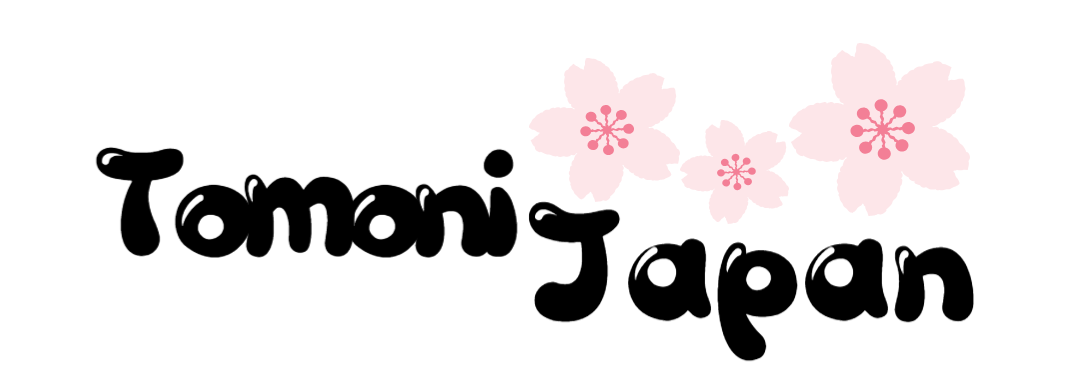Taking your child to the hospital can be stressful, especially if you’re in a foreign country and don’t speak the language. If you’re in Japan and need to visit a pediatrician, it’s helpful to know some basic Japanese phrases that can make the process smoother. Whether you’re living in Japan or traveling, having these phrases at hand will help you communicate with doctors and hospital staff more effectively. Let’s dive into some essential Japanese phrases for pediatric visits!
1. Basic Greetings and Registration
When you arrive at the hospital or clinic, you’ll need to register first. Here are some phrases to help you with that process:
- こんにちは (Konnichiwa) – Hello.
- 受付をお願いします。(Uketsuke o onegaishimasu.) – I’d like to register, please.
- 子供を診てもらいたいです。(Kodomo o mite moraitai desu.) – I’d like my child to be examined.
- 健康保険証は持っていますか?(Kenko hokensho wa motteimasu ka?) – Do you have health insurance?
Remember to have your health insurance or travel insurance documents ready to ensure a smooth process!
2. Explaining Symptoms
Describing your child’s symptoms accurately is crucial for proper diagnosis. Here are some helpful phrases for explaining symptoms:
- 熱があります。(Netsu ga arimasu.) – My child has a fever.
- 咳が出ます。(Seki ga demasu.) – My child has a cough.
- 鼻水が出ます。(Hanamizu ga demasu.) – My child has a runny nose.
- お腹が痛いです。(Onaka ga itai desu.) – My child has a stomachache.
- 吐きました。(Hakimashita.) – My child has vomited.
- 元気がありません。(Genki ga arimasen.) – My child seems lethargic.
These phrases will help you communicate your child’s condition effectively to the doctor.
3. Common Questions and Answers During the Examination
During the examination, the doctor might ask questions about your child’s symptoms and medical history. Here are some common questions and how to answer them:
- いつからですか?(Itsu kara desu ka?) – When did the symptoms start?
- 昨日からです。(Kinou kara desu.) – Since yesterday.
- 今日の朝からです。(Kyou no asa kara desu.) – Since this morning.
- 頻繁に咳をしていますか?(Hinpan ni seki o shiteimasu ka?) – Is your child coughing frequently?
- はい、しています。(Hai, shiteimasu.) – Yes, they are.
- いいえ、そんなに多くはないです。(Iie, sonna ni ooku wa nai desu.) – No, not that often.
- アレルギーはありますか?(Arerugi wa arimasu ka?) – Does your child have any allergies?
- いいえ、ありません。(Iie, arimasen.) – No, they don’t.
Understanding these common questions can help you navigate the examination more smoothly and ensure your child gets the right treatment.
4. Medication and Prescription Instructions
Once the doctor prescribes medication, it’s important to understand how to administer it to your child. Here are some useful phrases to help with that:
- 薬を処方します。(Kusuri o shohou shimasu.) – I will prescribe some medication.
- 一日何回飲ませればいいですか?(Ichinichi nankai nomasereba ii desu ka?) – How many times a day should I give the medicine?
- いつ飲ませればいいですか?(Itsu nomasereba ii desu ka?) – When should I give the medicine?
- どうやって飲ませればいいですか?(Dou yatte nomasereba ii desu ka?) – How should I give the medicine?
- 食後に飲んでください。(Shokugo ni nonde kudasai.) – Give it after meals.
- 空腹時に飲んでください。(Kuufukuji ni nonde kudasai.) – Give it on an empty stomach.
Understanding how to administer the medication correctly is crucial for your child’s recovery, so be sure to clarify any doubts.
5. Emergency Phrases
In case of an emergency, you’ll need to communicate quickly and clearly. Here are some key phrases for those critical moments:
- 緊急です。(Kinkyuu desu.) – It’s an emergency.
- 子供が呼吸をしていません。(Kodomo ga kokyuu o shiteimasen.) – My child isn’t breathing.
- 救急車を呼んでください。(Kyuukyuu sha o yonde kudasai.) – Please call an ambulance.
- すぐに診てください。(Sugu ni mite kudasai.) – Please see my child immediately.
These phrases can be life-saving in an emergency situation, so it’s good to familiarize yourself with them just in case.
6. Other Useful Phrases
Here are a few extra phrases that might come in handy during your visit to the hospital:
- 診察券を見せてください。(Shinsatsu ken o misete kudasai.) – Please show me your consultation card.
- 診察室はこちらです。(Shinsatsu shitsu wa kochira desu.) – The examination room is this way.
- 会計をお願いします。(Kaikei o onegaishimasu.) – I’d like to pay, please.
- お大事に。(Odaiji ni.) – Take care.
These phrases will help you navigate the hospital environment and make sure you and your child receive the care you need.
Final Thoughts
Taking your child to the hospital in a foreign country can be daunting, but knowing these key phrases can make the experience less stressful. The most important thing is to communicate your child’s symptoms accurately to the doctor. Take your time, speak clearly, and don’t hesitate to ask for clarification if needed. We hope your little one feels better soon!

